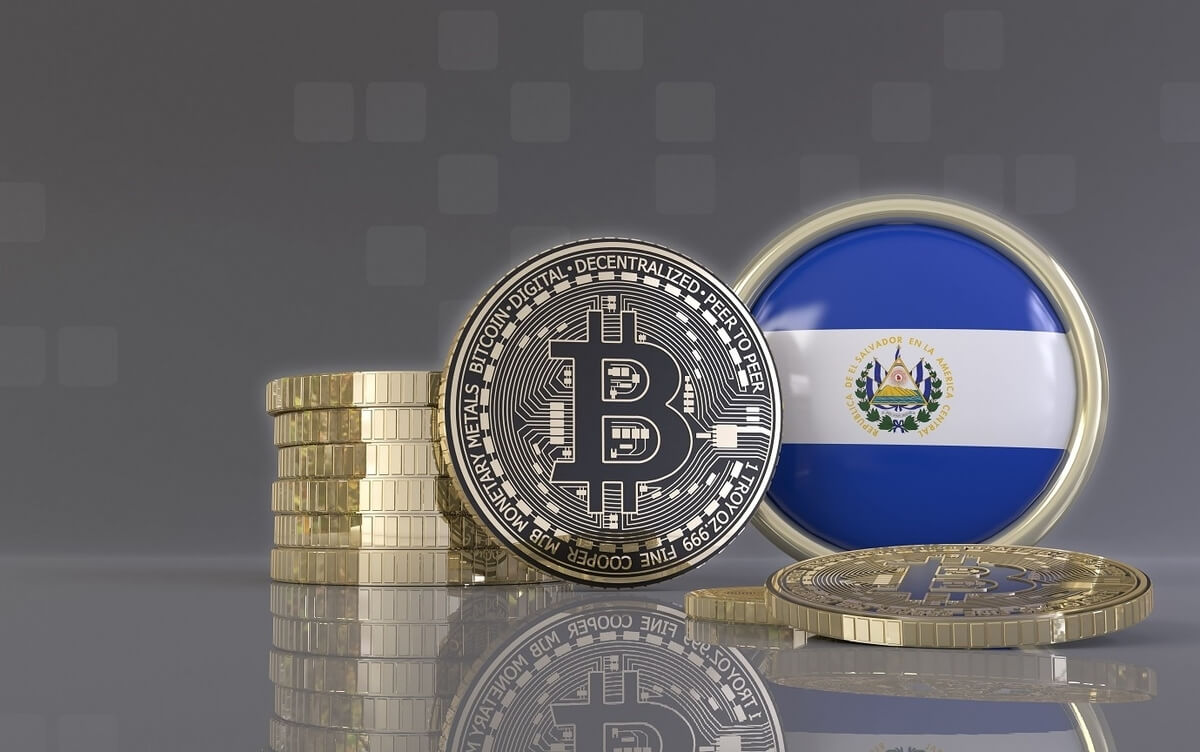Ukraine War Throws Timing of El Salvador’s Bitcoin Bond Debut into Doubt

El Salvador may launch its sovereign bitcoin (BTC) bonds as early as tomorrow – but the war in Ukraine may cause disruption to the plans of the President Nayib Bukele-led government.
The 10-year bonds, the government said it hopes, will be worth some USD 1bn, will be backed by taxpayer funds, and will provide a 6.5% annual return when they expire.
The cash raised in their sale will be used to fund the creation of a project called Bitcoin City – a tax-free haven aimed at international crypto investors and tech pioneers.
However, it appears that the government fears that the war risks overshadowing the bond release – particularly in the international community, where Bukele is hoping the bonds make a major splash.
But the invasion has already sparked a major economic crunch in El Salvador, with sanctions sending fuel prices spiraling upwards. The government has spent the last few weeks attempting to battle major spikes in the prices of oil, LPG, and gas.
On Friday, the Salvadoran finance minister Alejandro Zelaya was quoted by América Economía as stating that the government thought that “between March 15 and 20” would be the “right timing,” for the launch as “the tools” for the issuance were “almost ready.”
However, he added that “the international context” would dictate the exact date of the launch as he “hadn’t expected the war in Ukraine.”
Reuters reported that the bond issuance “has faced headwinds as intensifying volatility rocks the cryptocurrency, with Russia’s invasion of Ukraine adding to the uncertainty.”
Zelaya claimed that the issuance was now “a matter of timing, of seeing and measuring market trends […] basically going from there.” He added:
“There are many things in the international context that we have to monitor.”
As previously reported, Bukele has promised some 50-plus legal reforms in preparation for the issuance, although these are still yet to materialize. He did, however, pledge to unveil 10 of these before the end of this week.
The government may have its hands too full with the economic fallout of sanctions, however: El Mundo El Salvador reported that the government plans to cut public spending in a bid to place caps on fuel prices and provide public transport subsidies, but the financial juggling act now appears tough.
The media outlet quoted Bukele as stating that “he didn’t know how” the finance chief would manage to balance the books.
On Twitter, Bukele wrote that he had signed off on five reforms “that will help reduce the impact of the global economic crisis.” Some, he added, would take time to make their effects felt, but others, “such as a reduction of USD 0.26 in fuel prices per gallon […] should be felt from tomorrow.”
The Financial Times called the BTC bond issuance a “bold economic experiment” and quoted Carlos Acevedo, the former president of El Salvador’s central bank, as stating:
“If this is a failure, a lot of doors close. This issuance is going to define a lot.”
Should the bonds prove a hit, the funds they raise could help the nation “avoid a stringent IMF program or a sovereign debt restructuring,” experts were quoted as opining.
____
Learn more:
– El Salvador’s President Bukele Silent on Ukraine War
– El Salvador’s Bukele Says 52 Bitcoin Reforms Are ‘In the Oven’, Critics Hit Out at Lack of Adoption Benefits
– Bitcoin City: The Bizarre History of Libertarian Attempts to Create Independent Cities
– El Salvador Eyes Bitcoin Bond Issuance in March, Mulls BTC Loans for SMEs
– Elon Musk Won’t Sell Bitcoin, Ethereum, Dogecoins as Inflation Soars and Recession Risk Grows
– Ukraine War and the Financial Markets: the Winners and Losers So Far








